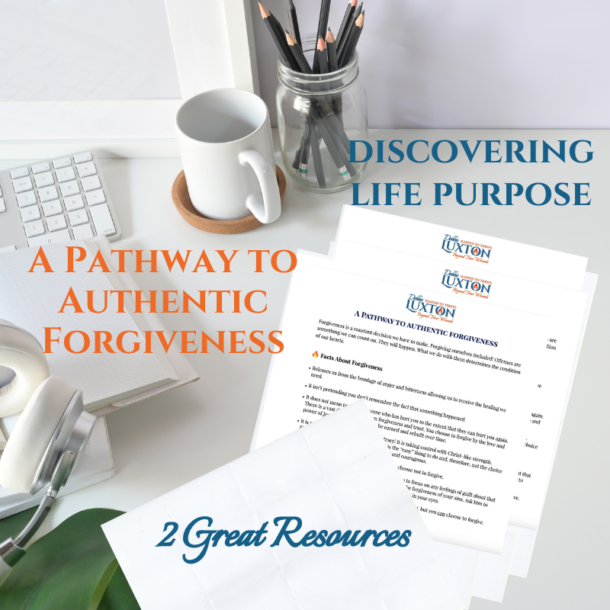 This month we are looking at self-care topics. This week I want to give you some information regarding food and how it effects your emotional state; your moods. I am not a health coach so, I will not be providing advice in that regard. Rather, all women should be aware that we can’t take food for granted when it comes to our mood swings. There is more at play, possibly, than a mid-life hormone imbalance. (just sayin’…)
This month we are looking at self-care topics. This week I want to give you some information regarding food and how it effects your emotional state; your moods. I am not a health coach so, I will not be providing advice in that regard. Rather, all women should be aware that we can’t take food for granted when it comes to our mood swings. There is more at play, possibly, than a mid-life hormone imbalance. (just sayin’…)
“Although there is a great deal of controversy among scientists about the effects of ingested food on the brain, no one denies that you can change your cognition and mood by what you eat.” Arthur Winter
Last week we talked about physical wellness and mentioned how exercise plays a part in your emotional well-being. Exercise alone won’t take care of the ups and down’s. Giving thought to what you eat is equally important.
[Tweet “Exercise and food have that incredible connection to produce incredible results.”]
A Mayo Clinic article (see link below) states: “Stress leads to sleeping less, which leads to reaching for caffeine and sugar for a fix, which is followed by a crash and need for another fix.”
I’ve ridden this stress, sugar, crash roller coaster. Sugar is a real problem (big surprise I know!). While this is not new news to anyone, I have discovered that I can have some sugar, but I’ve got to use my boundaries BEFORE I start down that road.
For example: one of my food related boundaries is not to eat 2-3 hours before I go to bed. If I violate that boundary, especially with sugary foods, I have very strange dreams and lots of tossing back and forth through the night. What happens when I don’t sleep well? Lack of motivation and follow-through the next day. Being a strong-willed professional woman, when my motivation/productivity suffers, it creates self-imposed stress. More stress that I don’t need!
Another boundary for me with sugar is being intentional. If I don’t get intentional and think through whether I believe I can stop at 1 or 2 cookies, then the likelihood is certain that I won’t. I have to consider if I’m tired for example. If I am, it’s going to be quite a few cookies before I stop.
Triggers are important to pay attention to. One of my triggers is writing. If I have several hours of writing in front of me, I know that I have to have good snacks ready to go. I know that I will get up about every 30 minutes for something. I also need to keep hot water ready to go for tea. If I don’t prepare, I will grab whatever I can get my hands on and that is not always a good thing.
Being tired is a sugary food trigger for me. Going a couple of days without exercise triggers junk for cravings. I don’t keep much junk food in the house anymore, but I can still binge on things that wouldn’t be a problem if eaten in moderation.
Download my FREE simple Mood Related Food tracker. Try it for a week or two and see what you discover. Note: this is a simple form I created. I am not a food/health coach so, if you want something more in-depth I suggest googling it.
Helpful article links:
Article from WebMD -> Food to Balance Your Mood
Article from The Lean Green Bean -> How Does Water Affect Your Mood
Article from Mayo Clinic -> The Food and Mood Connection
Article from The Chalkboard -> Hydrate+Reflect: 7 Ways to Fight Your Toughest Food Cravings
Once you gain some insight, to your relationship between the beverages/foods you eat and your moods, it will be time to establish proper boundaries. Boundaries that ensure you adhere to consuming those foods that help you stay at your peak performance. Peak performance occurs when your moods are high.
After identifying your boundaries, use accountability partners to make sure you stay committed to them. Choose accountability partners that will challenge you and not help you with excuses!
I realize that setting boundaries on your own can be tough.
Email me and let’s discuss how I can help you with this important life tool!


